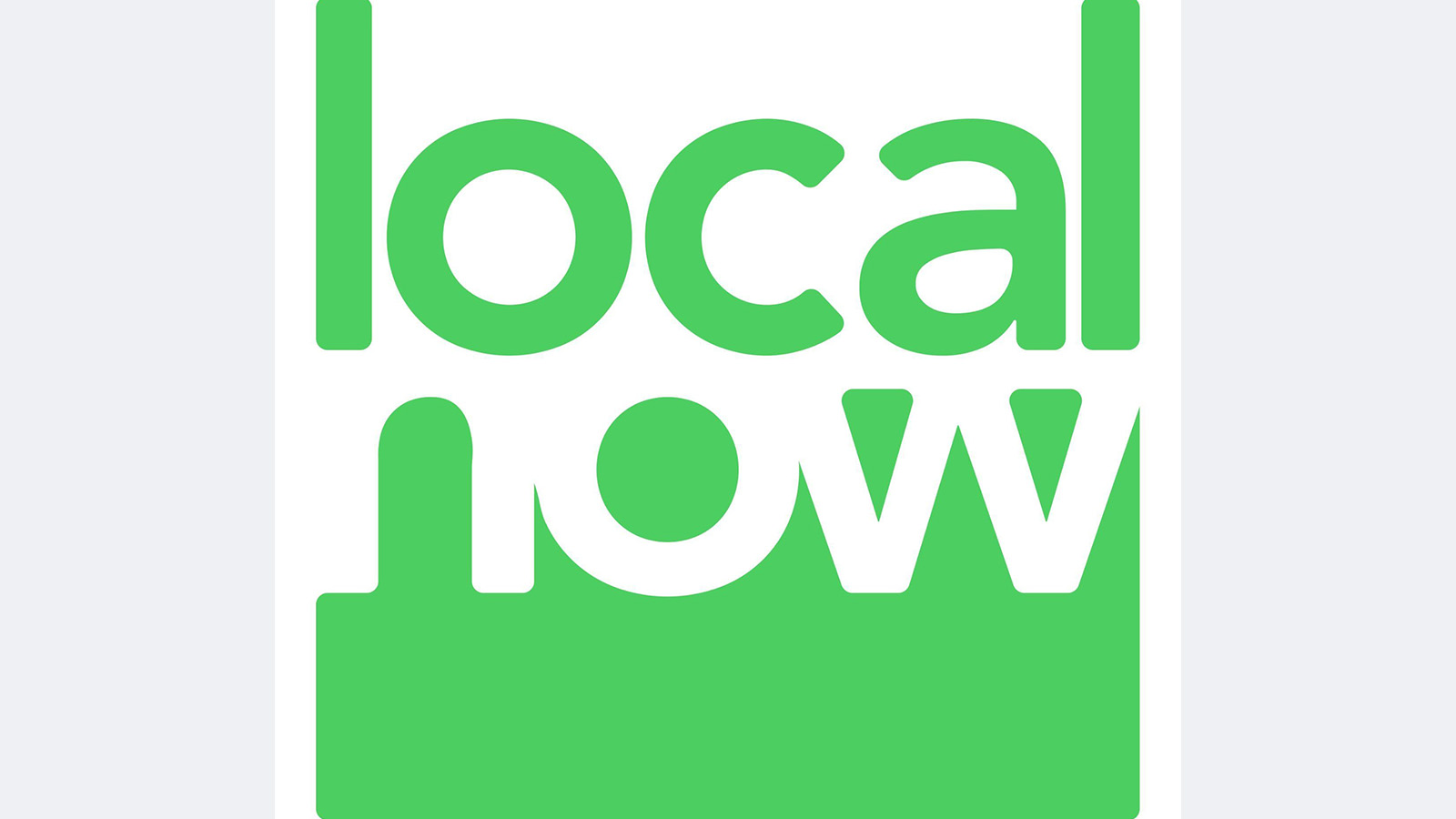U.S. broadband access jumped 42 percent in 2003
Helping drive the expansion of new Internet video services is the rapid expansion of broadband technology across the United States. Broadband access surged 42 percent in the country last year as demand for speedier connections remained strong, says a new FCC report.
At the end of 2003, the FCC said there is a total of 28.3 million broadband lines in the United States. The study, released last week, also showed that growth for the second half of 2003 reached 20 percent, up from an 18 percent increase during the first half of the year.
As the market grows, competition between cable modems and digital subscriber line (DSL) services is getting more intense. Asymmetric digital subscriber lines (ADSL), the most common type of DSL used to connect households, grew 47 percent to 9.5 million lines. DSL has been available longer than cable, but the Bell phone companies are playing catch-up because they were slow to enter the market.
The telcos have succeeded in competing with cable operators in recent months by offering steep discounts and slashing prices on DSL. Cable operators, on the other hand, have resisted cutting prices. Instead, they have opted to increase download speeds.
The FCC said cable modems did not grow as quickly as DSL, but the technology continued to lead in the market. Cable modem access jumped 45 percent to 16.4 million lines, a sizable lead over DSL.
Get the TV Tech Newsletter
The professional video industry's #1 source for news, trends and product and tech information. Sign up below.
